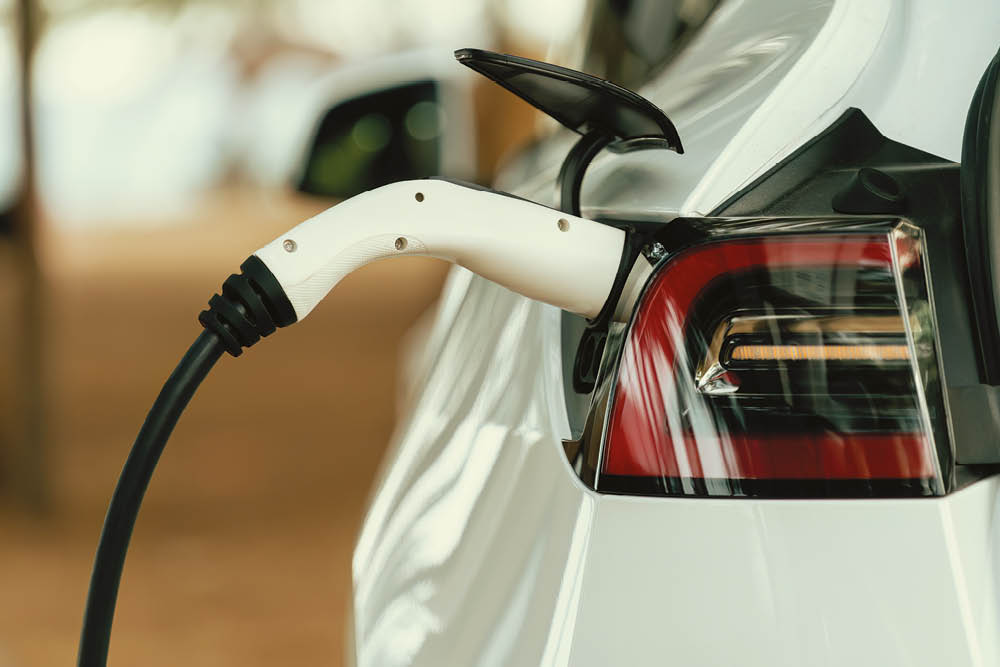Lorem ipsum dolor sit amet, consectetur adipiscing elit. Curabitur eleifend tortor nec augue pretium


As the new government finds its feet, there is finally some movement on long-standing and highly anticipated legislative areas, some of which have been discussed and consulted on over several years.
EPR finally sees light of day
Details of the extended producer responsibility (EPR) policy for packaging have finally surfaced, with the publication of the Draft Producer Responsibility Obligations (Packaging and Packaging Waste) Regulations 2024. If and when they become law, they will replace the framework for packaging producer responsibility in the UK, which has been in place since 1997.
EPR is an approach that places financial responsibility on businesses (producers) for the cost of managing their products once they reach the end of their life. This encourages producers to design products with fewer materials and to make it easier for them to be re-used, dismantled and recycled. The requirements differ depending on the size of the producer, but they begin to apply to those with an annual turnover of £1m or more and that import or supply more than 25 tonnes of packaging to the UK market per calendar year.
Date set for UK CBAM
A UK Carbon Border Adjustment Mechanism (CBAM) will be introduced on 1 January 2027. CBAMs offer a legislative tool aimed at preventing carbon leakage, which is the movement of production and associated emissions from one country to another owing to different levels of decarbonisation effort through carbon pricing and climate regulation. CBAMs work by supplementing an emissions trading scheme and imposing a fair price on the carbon emitted during the production of energy-intensive goods, like cement and steel. The EU was first to launch a CBAM, with its transitional phase beginning on 1 October 2023. Most recently, Ireland published legislation implementing it, on 25 October 2024. Although not bound by the EU legislation, the UK decision was based on a 2024 consultation that found broad support for adopting this approach.
New CCA scheme
The government has confirmed a new six-year climate change agreements (CCA) scheme, which will include changes to eligibility requirements, reporting requirements and target setting processes. Under the current scheme, which began in 2001, businesses that have energy-intensive processes are encouraged to invest in energy-efficiency measures in return for reduced rates of Climate Change Levy (CCL).
The current scheme is due to end on 31 December 2024, with reduced CCL rates available until 31 March 2027 for those that meet targets and other obligations under the scheme. The new scheme will have targets until the end of 2030 and those meeting their obligations will benefit from reduced CCL rates until March 2033.
ON THE WATCHLIST: A round-up of what the recent Budget means for the environment
A key part of the Autumn Budget concerned major investments in climate and energy initiatives, such as the allocation of £125m for Great British Energy, a new publicly owned company focused on clean, home-grown energy. This company underscores the government’s commitment to transitioning to renewable energy and reducing carbon emissions.
Other key environmental announcements in the Budget included:
In court
Just as the government published its Water (Special Measures) Bill, which will ban bonuses for polluting water bosses and bring criminal charges against polluters, Severn Trent Water has agreed an enforcement undertaking with the Environment Agency over raw sewage being discharged into a brook. The voluntary agreement benefits Gloucestershire Wildlife Trust by £327,500.
Lastly, in case law, in R. (on the application of Friends of the Earth) v Secretary of State for Environment, Food and Rural Affairs, a legal challenge on the lawfulness of the government’s climate change adaptation programme has failed.
Neil Howe PIEMA is head of writing at Barbour EHS